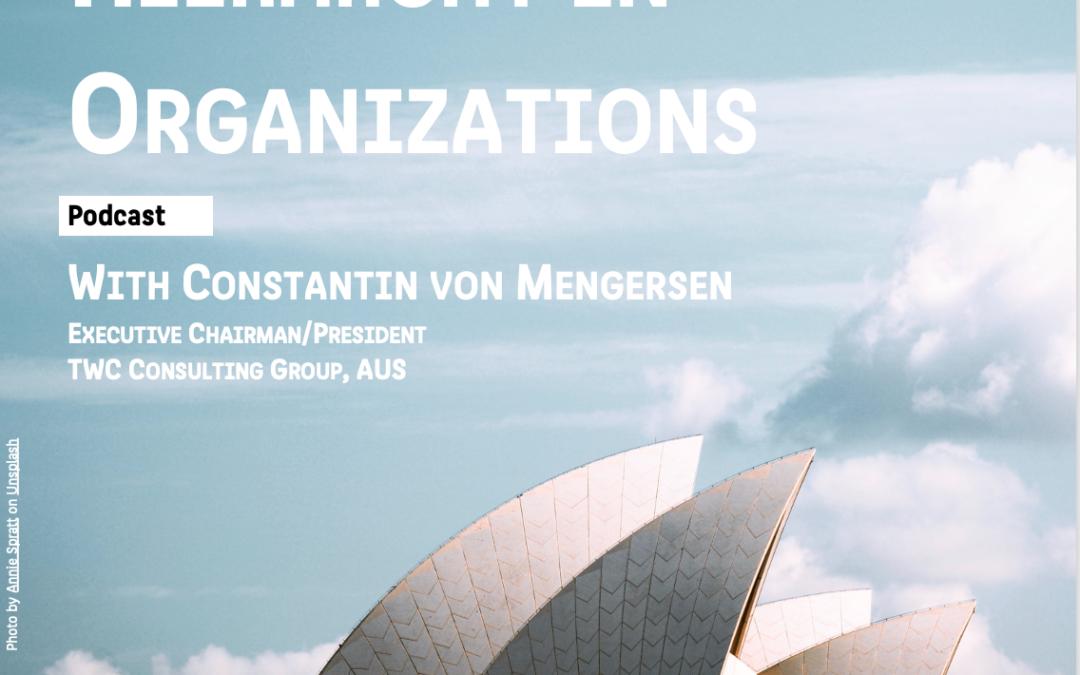There seems to be a tendency in organizations to remove hierarchy and to implement self-organizing teams. Unfortunately, the latter will be in limbo as long as residues of the old static hierarchy exists.
Hierarchy and authority are very relevant topics in group dynamics and reccuring themes, that come up during T-Groups and other group dynamic events. Because of that, it might be interesting to see the real-world impact if those concepts unfold outside of the protected space of educational/trainings settings. At the same time, education seems to be the basis to put organizations out of their misery in terms of fear and anxiety when it comes to recuding static hierarchy.
Constantin von Mengersen (and his amazing dog, participating as a guest at some times), a highly experienced professional, shares his thoughts about the clash of cultures between subject matter experts who are getting their job well done and authorities holding formal power.
This co-existence leads to anxiety and fear in organizations: formal authorities fear that they are made redundant by subject matter experts (SME) and they themselves fear formal authorities to (ab)use their formal power, limiting the efficiency of getting things done “the new way”.
Formal authority mutes and overwrites competence authority of SME – or simply ignores it – especially when it comes to decisions in difficult times, where the organization is at risk.
We try to untangle the difference between managers (who are primarily incompetent when it comes to the job of a manager, contrary to a subject matter expert), leaders, people with “Weisungsbefugnis” (who are able to tell you what to do, who to give you the task environment) and subject matter experts which are different and connected in many ways.
